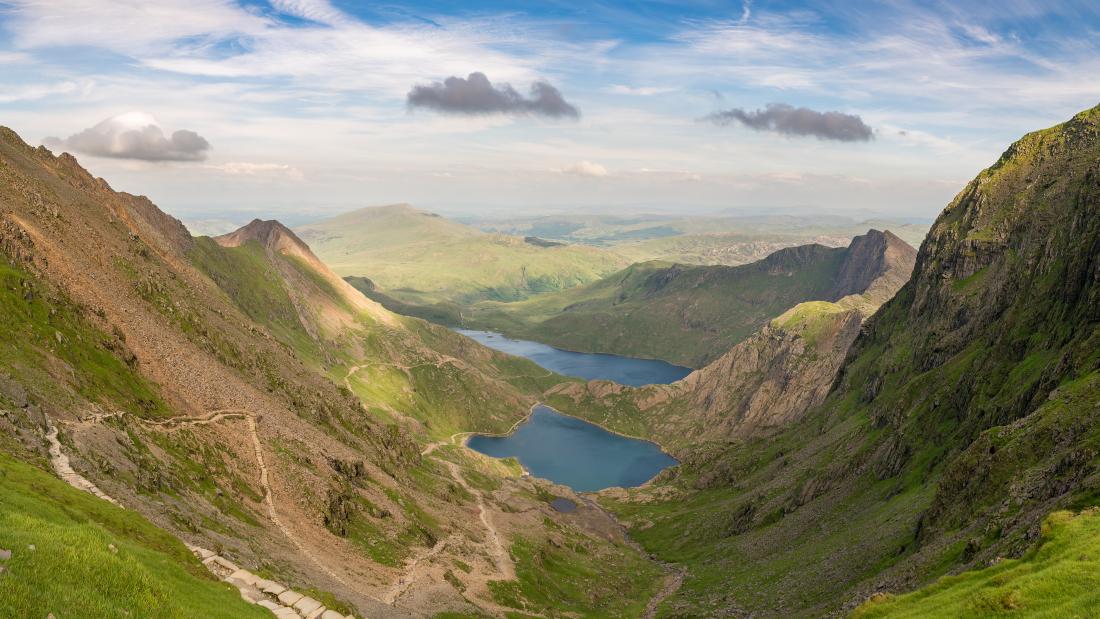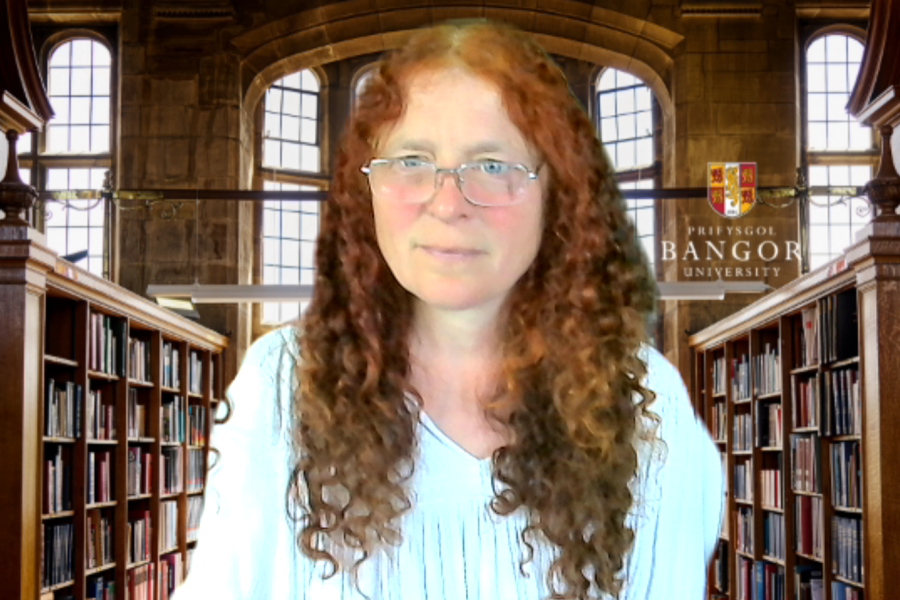Our aim was to identify the known issues surrounding engagement and ways to solve them, as well as finding new challenges and gaps that are yet to be considered. We analysed the GwyrddNi assemblies to identify what motivated or hindered engagement, and gathered insights into the needs and views of each of the five communities taking part in the assembly process.
Guiding challenges included:
1) How to achieve representative membership, including marginalised groups that are reluctant to engage – ensuring a joint sense of ownership for the agreed community developments or projects.
2) Conducting assembly meetings such that all voices get heard while avoiding heated arguments without constructive outcomes, recognising different perspectives, languages and conceptual backgrounds.
3) Capitalising on an area’s specific features and people’s place attachment. Each place offers different ecosystem services and localised histories, affecting people’s place connections and community discourses. What works for one community may not work elsewhere.
- Extensive communications between stakeholders and academics
- Extensive review of academic and grey papers
- Attended two Community Assemblies on the Climate to listen to participant discussions
- Analysed pre-assembly questionnaire data gathered by the Centre for Climate Change and Social Transformations
- While those that engage are clearly concerned about climate matters, they may be even more concerned about other, seemingly unrelated matters, in this case the Welsh language
- Climate engagement can be improved by tapping into localised community discourses and cultural heritage, weaving climate action into broader community narratives
- Engaging communities in climate action can be enhanced by framing communications through place attachment and asking people to deliberate climate change from the perspective of their ‘home patch’
- Expert facilitation can be key to achieving constructive outcomes.
The Research Team
Principal Investigator
Co-Investigator
Research Officer
Looking ahead and future research
- Address the challenge of getting the public involved and to take ownership of sustainable developments
- Develop wider understanding of communities’ perceptions of and hesitancies towards solutions imposed top-down
- What are key heritage and culture factors (such as place attachment and linguistic identity) that motivate individuals and communities in different areas across the UK to engage towards environmental sustainability?
- How can changes in the relevant discourse, such as tailored, specific, place-based message framing rather than references to global climate change, help to encourage engagement?
If you are interested in collaborating with us, please get in touch with Thora (t.tenbrink@bangor.ac.uk) or Sofie (s.a.roberts@bangor.ac.uk)




